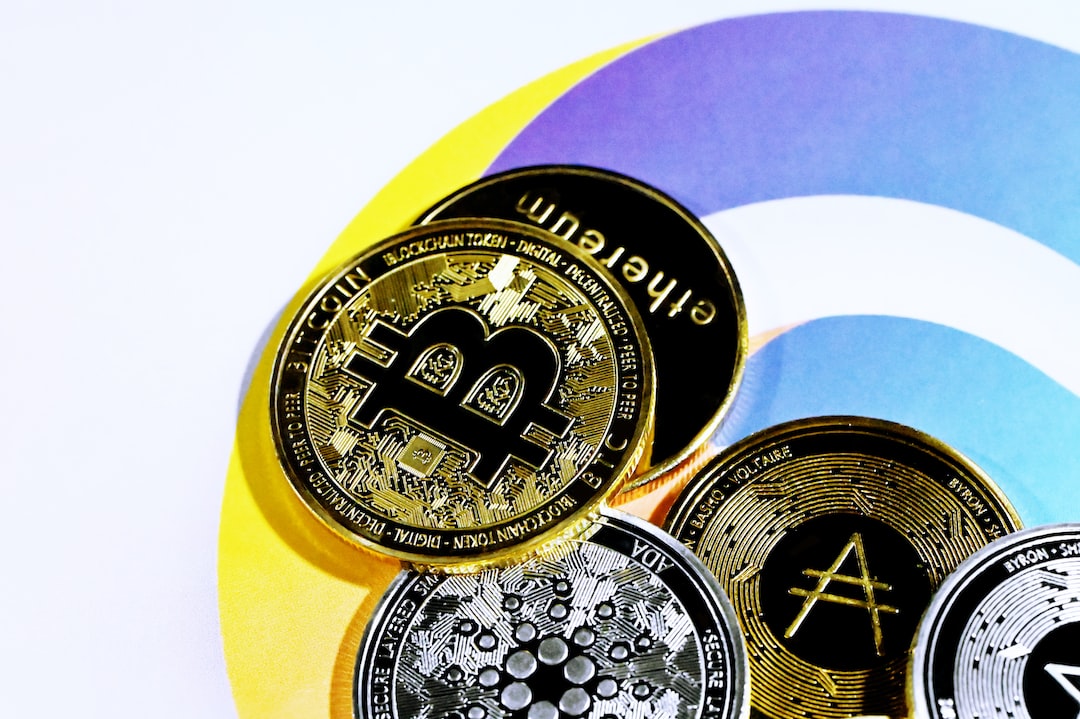OpenAI Engages in Licensing Negotiations with Major Media Companies
OpenAI, the company behind AI technology like ChatGPT, is currently in talks with major media companies such as CNN, Fox Corp., and Time to license articles, videos, and images for its use. These negotiations gain significance in light of OpenAI’s ongoing legal battle with The New York Times over alleged copyright infringement.
OpenAI Faces Lawsuit from The New York Times
The negotiations take place against the backdrop of a lawsuit filed by The New York Times, accusing OpenAI of using its content without authorization to train its AI models. OpenAI claims this was due to a system bug and disputes the allegations, highlighting the complexities surrounding AI ethics and copyright laws.
To address these legal and ethical challenges, OpenAI aims to secure formal content licenses with media giants. Talks with CNN, Fox Corp., and Time aim to acquire a diverse range of content for AI training while mitigating legal risks. Time’s CEO has expressed optimism about reaching a fair agreement.
Divergent Views Among Media Companies
While some media companies like Guardian News & Media and Axel Springer SE are open to negotiations, others like The Washington Post are hesitant. Concerns mainly revolve around compensation and the impact of AI technology on copyright law. Productive agreements may be challenging until legal clarity is established.
Compensation Offers and Regulatory Calls
Reports suggest that OpenAI’s compensation offers range from $1 million to $5 million annually, which some top publishers find insufficient compared to previous deals. There are also calls for clearer regulations regarding copyrighted content’s use in commercial generative AI, voiced during a recent Senate Judiciary subcommittee hearing.
The Delicate Balance Between Innovation and Intellectual Property
OpenAI’s situation highlights the need to balance technological innovation with the protection of intellectual property. As AI continues to evolve, the relationship between AI developers and content creators is rapidly changing, emphasizing the necessity for legal and ethical frameworks that address the complexities of this emerging field.
OpenAI’s engagement in licensing negotiations with major media companies reflects its effort to address legal challenges while advancing AI technology. The ongoing lawsuit with The New York Times and divergent views among media companies highlight the complexities surrounding copyright infringement in AI training. Clearer regulations and fair compensation agreements are necessary to establish a balanced framework for innovation and intellectual property protection in this evolving landscape.
Blount Charleston stands out as a distinguished crypto analyst, researcher, and editor, renowned for his multifaceted contributions to the field of cryptocurrencies. With a meticulous approach to research and analysis, he brings clarity to intricate crypto concepts, making them accessible to a wide audience.

